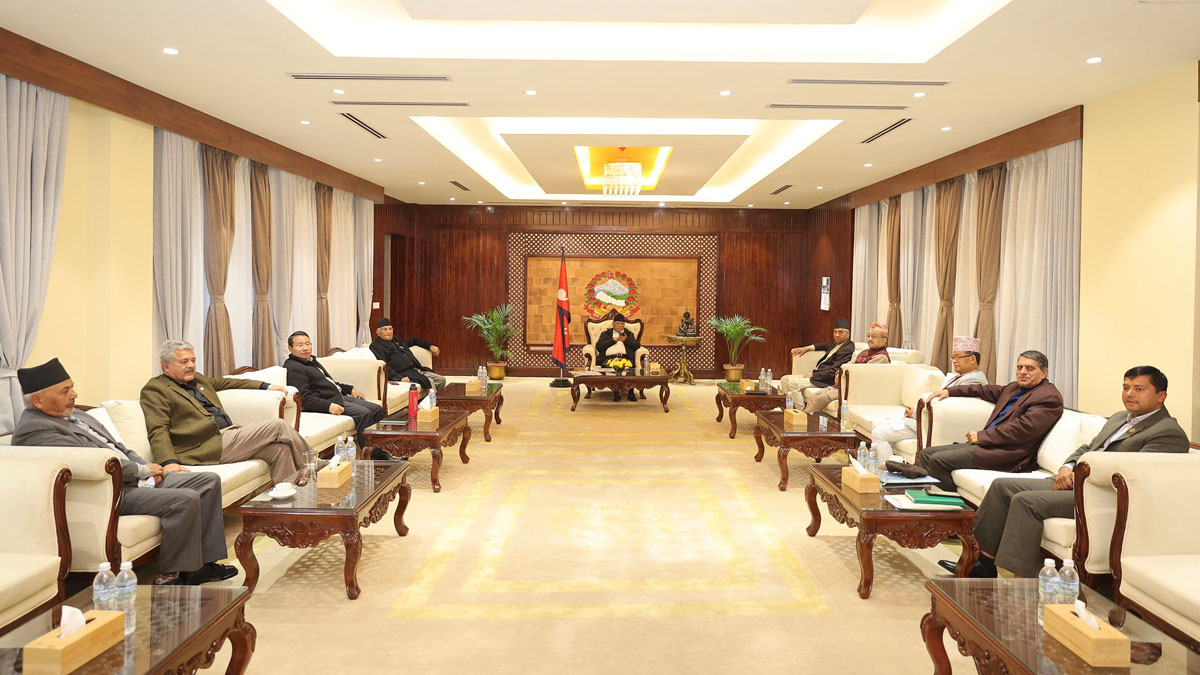Kathmandu, December 26: In a significant development towards the resolution of the country’s lingering peace process, leaders from three major political parties have reached a consensus to advance the Bill on the Commission on Investigation of Disappeared Persons, Truth and Reconciliation (TRC). The crucial decision was made during a meeting held at the official residence of the Prime Minister in Baluwatar this evening.
The parliamentary approval of the TRC Bill is anticipated to mark a pivotal breakthrough in addressing the unresolved aspects of the nation’s peace process. Personal Secretary to the Prime Minister, Ramesh Malla, conveyed that the top leaders of the political parties committed to pushing forward the TRC Bill, currently under review in a parliamentary committee, and prioritize its passage during the upcoming winter session.
Speaking to the media after the meeting, Mahesh Bartaula, the parliamentary party whip of the CPN (UML), stated that the leaders have collectively pledged to formulate victim-centric laws. “The UML is prepared to engage in consensus-building to ensure the creation of laws that prioritize the rights and concerns of the victims. The Prime Minister has signaled his commitment to address this issue in the upcoming winter session,” Bartaula affirmed.
Present at the meeting were prominent figures, including Prime Minister and CPN (Maoist Centre) Chair Pushpa Kamal Dahal ‘Prachanda,’ Nepali Congress President Sher Bahadur Deuba, CPN (UML) Chair KP Sharma Oli, Deputy Prime Minister and Defence Minister Purna Bahadur Khadka, Minister for Law Dhanraj Gurung, and other leaders representing the three major political parties.
The gathering was convened by the Prime Minister, underlining the shared commitment of the leaders to expedite the legislative process related to transitional justice. With the potential passage of the TRC Bill, Nepal is poised to take a significant step forward in addressing the historical grievances and fostering lasting reconciliation. The upcoming winter session of the Federal Parliament is expected to play a pivotal role in realizing these aspirations.














Comments